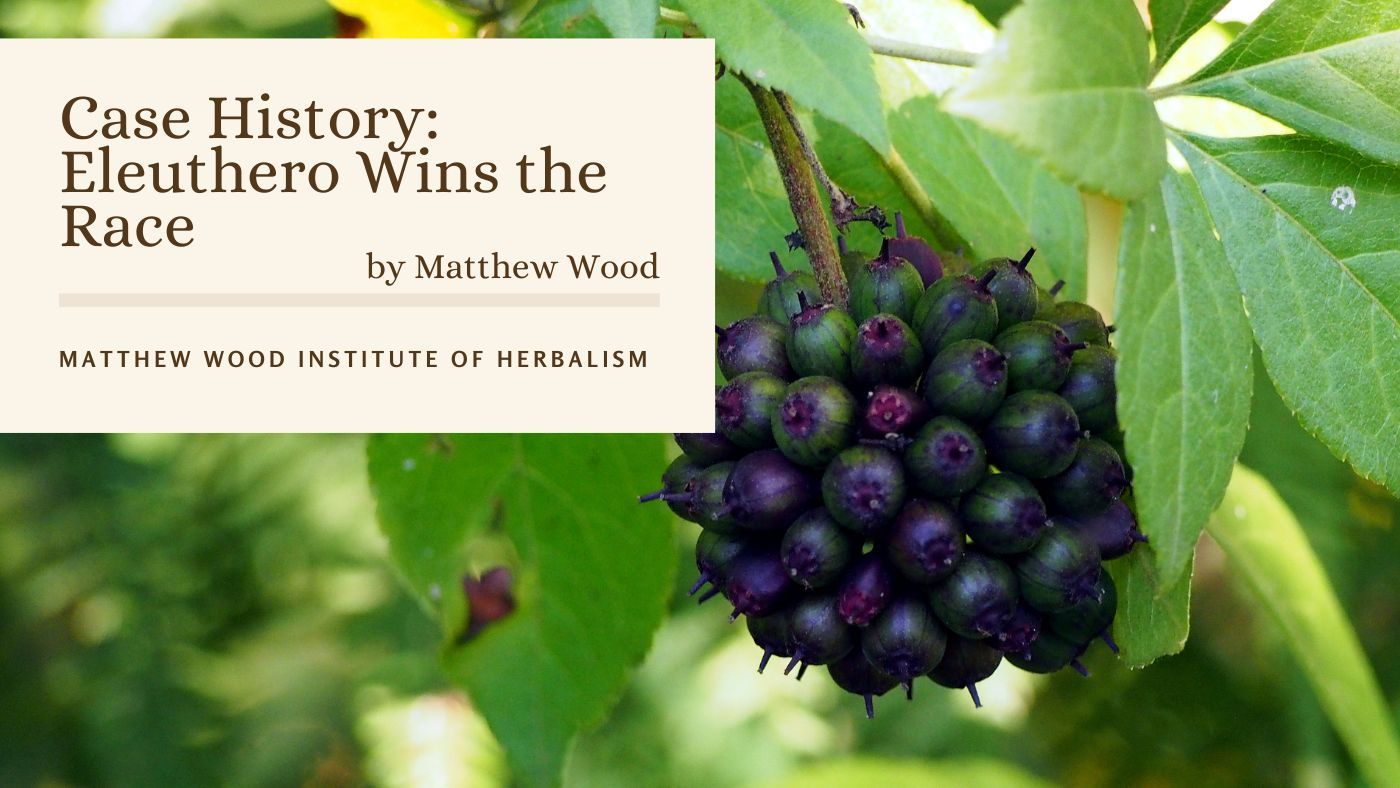The endocrine system is probably the most difficult system in the body to understand. Couple this with the nervous system and the complexity increases.
In one way or the other, hormones control much of our bodily functions, but they don’t always follow ‘logical rules,’ for lack of a better way to put it. Endocrine hormones enter the bloodstream attaching at receptors, a hormone here, a hormone there in a discrete fashion. There is some input from the nervous system through neurotransmitter activity. There can be blockage of transmission through the fluids and portals of the body, a possible misreading by the hypothalamus, loss of transmission due to lack of receptor sites, and many untraceable steps as far as medical testing goes. Some hormones operate within the endocrine cascade and others independently. To add to the complexity, some hormones are even secreted by an organ that otherwise has nothing to do with the system, and so on and so forth.
Cases regarding the Neuroendocrine System can seem mysterious. Even when one identifies that the issue at hand is within this system, the question then becomes: Which organ or gland needs help? Is it the adrenal glands? The thyroid? Or, is it the misregulation of the pituitary or the hypothalamus interfering with the communication within the system? And importantly, which remedy is most suitable?
Maybe the story of this horse can inspire you and give hope…
Eleuthero (Siberian Ginseng) Wins the Race
My friend Glenda Croft, an herbalist in Wagga Wagga, Australia, told me the following case. A man came to her busy office for his appointment but asked her to come outside to have a look at the patient. Glenda was mystified. But there was a big racehorse in a horse trailer. “He sweats profusely before the race and it seems to cut down on his speed,” the man explained. The horse was given Siberian ginseng (Eleuthero). Glenda went with the owner to the next race. This time he was out the gates and off to a win so convincing that the officials took a blood sample to make sure it was not on drugs. “Hope you didn’t put anything in there?” the owner asked his herbalist nervously. No problem. The horse was now a winner.
So how do we make sense of this complicated system?
Phyllis and I have been studying, learning, and applying knowledge of the endocrine system for many years. We understand its function and know how to explain it for ease of understanding. Based on our years of experience, there aren’t probably more than a handful of practitioners that can put this information together like we do.
We’ve created a series to help you and your clients with these challenging cases. We teach from over 75 years of combined clinical experience. There are unique written materials on the subject and virtual classroom teaching. We share case histories and experiences gathered from our years of experience to illustrate and emphasize the teaching.
In one way or the other, hormones control much of our bodily functions, but they don’t always follow ‘logical rules,’ for lack of a better way to put it. Endocrine hormones enter the bloodstream attaching at receptors, a hormone here, a hormone there in a discrete fashion. There is some input from the nervous system through neurotransmitter activity. There can be blockage of transmission through the fluids and portals of the body, a possible misreading by the hypothalamus, loss of transmission due to lack of receptor sites, and many untraceable steps as far as medical testing goes. Some hormones operate within the endocrine cascade and others independently. To add to the complexity, some hormones are even secreted by an organ that otherwise has nothing to do with the system, and so on and so forth.
Cases regarding the Neuroendocrine System can seem mysterious. Even when one identifies that the issue at hand is within this system, the question then becomes: Which organ or gland needs help? Is it the adrenal glands? The thyroid? Or, is it the misregulation of the pituitary or the hypothalamus interfering with the communication within the system? And importantly, which remedy is most suitable?
Maybe the story of this horse can inspire you and give hope…
Eleuthero (Siberian Ginseng) Wins the Race
My friend Glenda Croft, an herbalist in Wagga Wagga, Australia, told me the following case. A man came to her busy office for his appointment but asked her to come outside to have a look at the patient. Glenda was mystified. But there was a big racehorse in a horse trailer. “He sweats profusely before the race and it seems to cut down on his speed,” the man explained. The horse was given Siberian ginseng (Eleuthero). Glenda went with the owner to the next race. This time he was out the gates and off to a win so convincing that the officials took a blood sample to make sure it was not on drugs. “Hope you didn’t put anything in there?” the owner asked his herbalist nervously. No problem. The horse was now a winner.
So how do we make sense of this complicated system?
Phyllis and I have been studying, learning, and applying knowledge of the endocrine system for many years. We understand its function and know how to explain it for ease of understanding. Based on our years of experience, there aren’t probably more than a handful of practitioners that can put this information together like we do.
We’ve created a series to help you and your clients with these challenging cases. We teach from over 75 years of combined clinical experience. There are unique written materials on the subject and virtual classroom teaching. We share case histories and experiences gathered from our years of experience to illustrate and emphasize the teaching.
**Permissions**
You’re welcome to share this blog post on social media and link back to it—please do! All images, photos, and written content are the creative property of the author and used with permission. If you’d like to reproduce or distribute any part of this content beyond social sharing, written permission is required.
**Disclaimer**
The information provided in this digital content is for educational purposes only and is not intended as medical advice, diagnosis, or treatment. It should not be used as a substitute for consultation with a qualified healthcare professional. Always consult a licensed healthcare provider before making any changes to your health regimen, especially if you are pregnant, nursing, taking medications, or have a diagnosed medical condition.
Matthew Wood, the Matthew Wood Institute of Herbalism, Earth to Stars Productions, and their employees, guests, affiliates, and collaborators assume no liability for the use or misuse of any information presented. The application of any material is solely the responsibility of the reader or participant.
Any descriptions of herbal or natural products, remedies, or techniques are for informational purposes only. These statements have not been evaluated by the Food and Drug Administration (FDA). This content is not intended to diagnose, treat, cure, or prevent any disease.
Participation in educational programs or use of this material does not confer certification, licensure, or professional qualification in herbal medicine or any healthcare field. Results or experiences described may vary and are not guaranteed.
This disclaimer shall be governed by and construed in accordance with the laws of Minnesota, USA, without regard to conflict of law principles.


